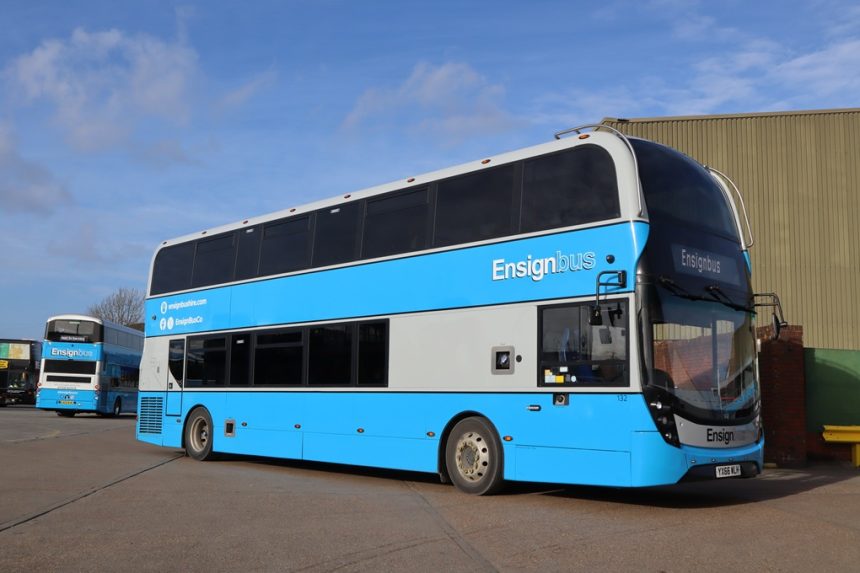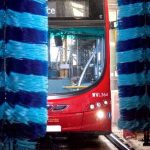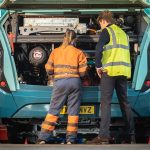Any likelihood of the bus industry in England seeing noteworthy extra funding as an outcome of June’s spending review is minimal, according to sector economist David Leeder.
At the ALBUM conference in Nottingham on 14 May, Mr Leeder observed how areas such as defence, health and social security are seen as more worthy recipients of money, although he again criticised the “out of control” rail budget in comparison to bus spending.
On whether the Department for Transport (DfT) can stop rail consuming more of its overall funding envelope, Mr Leeder believes that will be difficult. While bus and rail are both seeing major structural change, he notes that overhaul of how money flows into the bus industry will be at least as important to outcomes as the sector’s regulatory evolution.
In an illustration of how reliant the industry in England is on public money, it now generates just 49% of income from the farebox. In 2018/19, that figure was 62%.
With the government showing signs of moving to a position where all funding for bus services goes via local transport authorities (LTAs), Mr Leeder cautions that such a position will not aid sector stability. In some areas, a small number of by-elections could change “the whole outlook” on buses.
However, there are positive signs. In 2024, 14 LTAs in England recorded bus patronage at more than 100% of their 2010 figure. He highlights Thurrock – an area where the operating landscape is difficult – as showing how growth can be had where the will exists, but Mr Leeder pinpoints priority as the overall key.
In what could be seen as a controversial opinion, he believes that funding for those measures could come from operators as well as LTAs.
“Reregulation will not miraculously change the economies [of bus services],” Mr Leeder continues. Only expanded bus priority can do that; if deployed, it will grow vehicle and staff productivity, lift revenue, and – in a key to current discussions – reduce the financial burden of bus services on the public purse.
The picture around completing a transition to zero-emission bus fleets is trickier. That will require £12 billion of private money even if DfT continues to contribute, he has calculated.



























